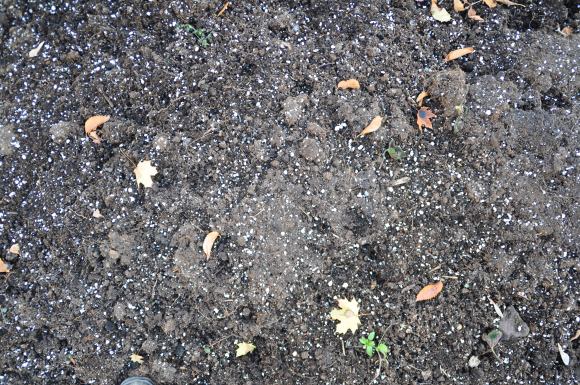Some may quibble with their methods, means and policy agenda. Others may laud their no-nonsense approach to national governance and economic stewardship. But, as the days begin to set on 2013, all must agree that Canada’s Conservative leadership is not the laissez-faire bunch it once proudly billed itself to be. Far from it.
In fact, no federal government since the early 1960s has spent more time deliberately branding itself and, in the process, redefining what it means to be a Canuck – good or bad.
Even those among us who do not subscribe to such late-model Tory notions as patriotism, self-reliance and personal responsibility as social policy must admit that’s it’s never been easier to answer that perennially posed and quintessentially Canadian question: “Who am I?”
Under the Conservatives, Canada is a law-abiding, right-thinking nation of 33 million souls. Forget the Great White North of old: haven for draft dodgers and Liberal elites run amok. Ours is a nation teetering at the edge of chaos, but for our timely embrace of law and order. Or so says the Department of Justice.
“There were almost two million Criminal Code violations reported to police in 2011,” the web site declares. “There were more than 424,400 violent incidents reported to police in 2011. Violent crime accounted for about one-fifth of the offences reported to police in 2011. Although most types of violent crime decreased or remained stable in 2011, there was a 7 per cent increase in the rate of homicides.
“The total costs of crime have been estimated at $99.6B per year – the majority of which ($82.5B or 83%) was borne by victims: $14.3 billion is directly attributable to tangible costs such as medical attention, hospitalizations, lost wages, missed school days, stolen/damaged property. Productivity losses represent 47 per cent of the tangible costs borne by victims followed by stolen/damaged property (42.9 per cent) and health care costs (10.1 per cent). Total intangible costs (including pain and suffering and loss of life) is $68.2 billion.”
Under the Conservatives, Canada is a natural resources behemoth, ready to flood the world with its oil, natural gas and mineral wealth. Forget the people who once went out of their way to represent themselves as anything but hewers of wood and drawers of water. Or so says the Department of Natural Resources.
“Natural resources are an important part of the fabric of Canada’s economy,” declares the web site. “Natural resources are poised to play an even bigger role in our future. . It’s estimated that hundreds of major resource projects are currently underway in Canada or planned over the next 10 years, worth approximately $650 billion in investment. That $650 billion figure represents hundreds of thousands of well-paying jobs in every sector of our economy, in every region of Canada.
“That’s why our Government has a plan to unleash Canada’s natural resource potential. We call it Responsible Resource Development. This plan is streamlining reviews of major projects by ensuring more predictable and timely reviews, reducing duplication, strengthening environmental protection, and enhancing consultations with Aboriginal peoples.”
Under the Conservatives, Canada is a proud country, clearly informed by its history. Forget any notion that ours is the only country in the world that was granted its independence after asking for it politely. Or so says Prime Minister Stephen Harper on the official War of 1812 web site:
“The War of 1812 was a seminal event in the making of our great country. On the occasion of its 200th anniversary, I invite all Canadians to share in our history and commemorate our proud and brave ancestors who fought and won against enormous odds. As we near our country’s 150th anniversary in 2017, Canadians have an opportunity to pay tribute to our founders, defining moments, and heroes who fought for Canada.
“The War helped establish our path toward becoming an independent and free country, united under the Crown with a respect for linguistic and ethnic diversity. The heroic efforts of Canadians then helped define who we are today, what side of the border we live on, and which flag we salute.”
Some may quibble with all of this. Under the Conservatives, however, none remain confused for long.

